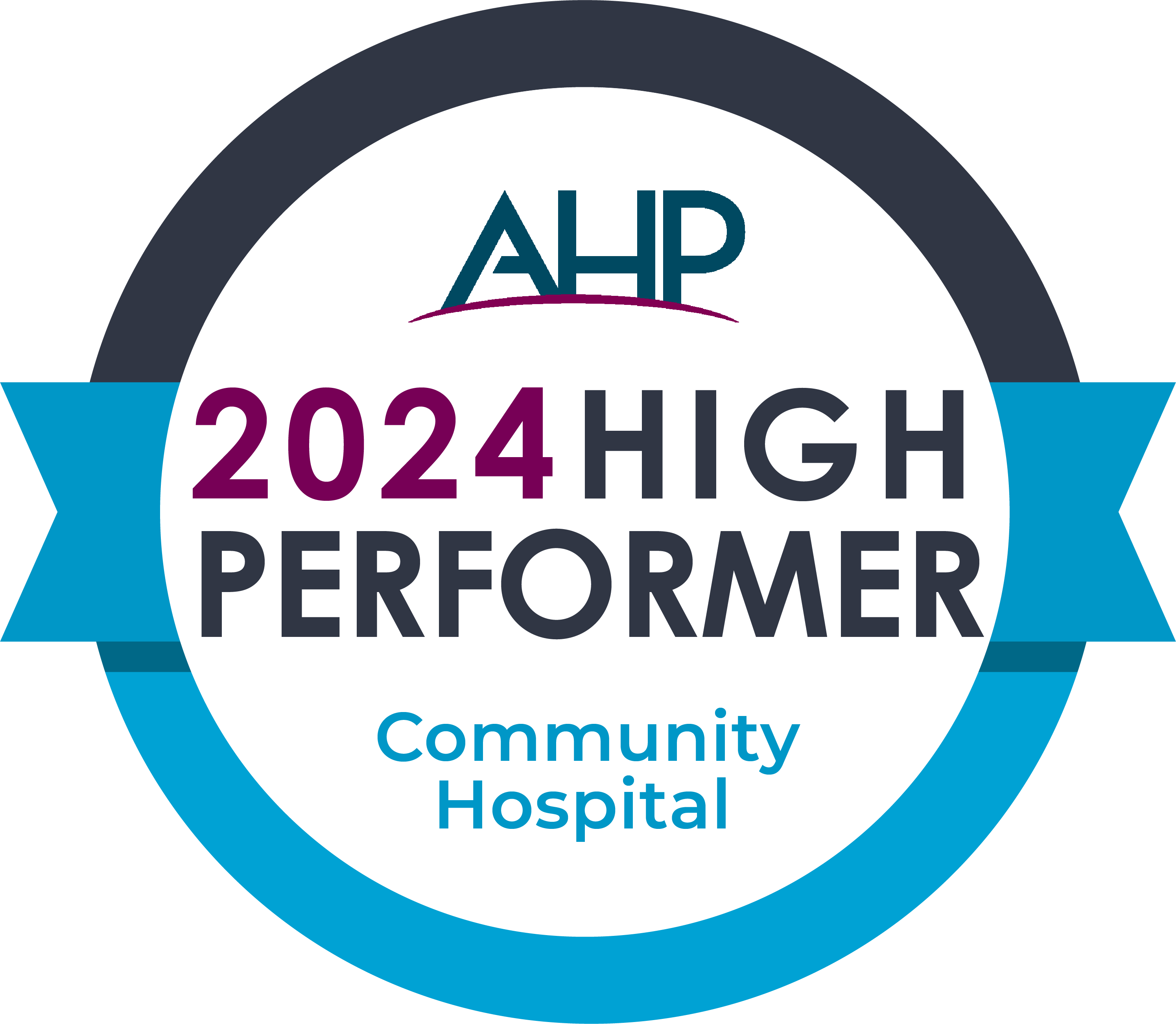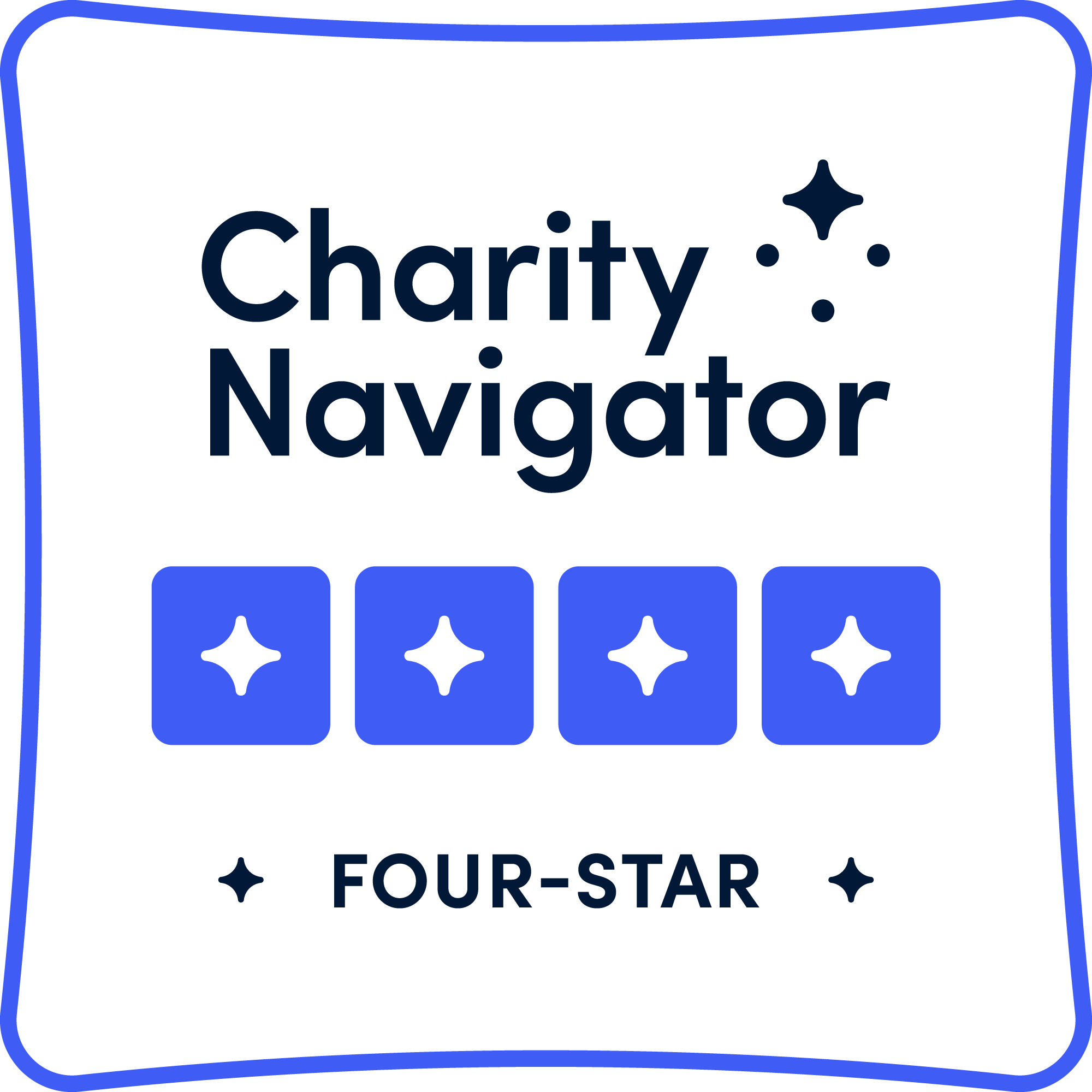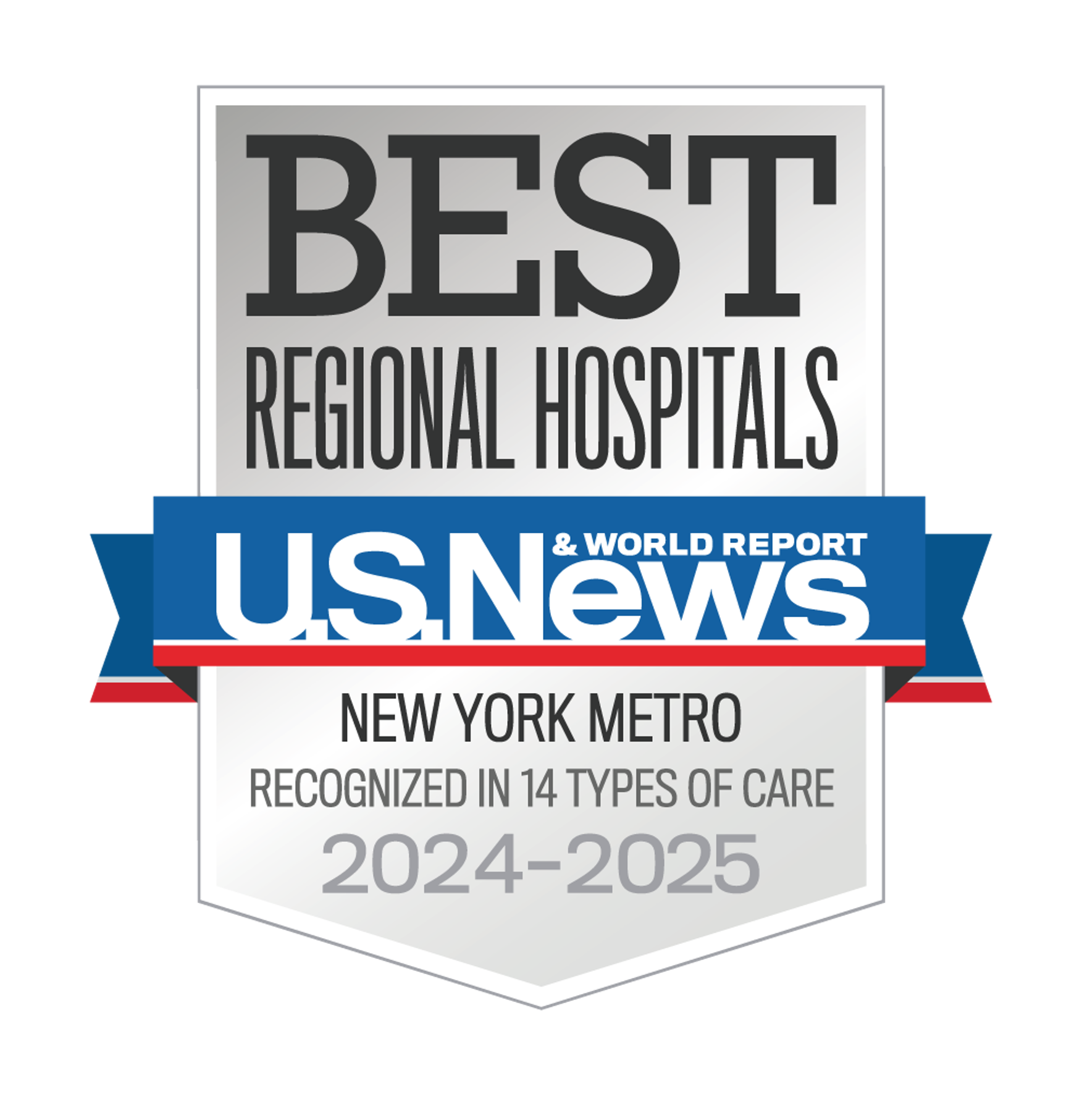Madihah Brown has been caring for others for most of her young adult life. At 39, she is a wife, mother of four active boys, and a patient care technician in Overlook’s busy Emergency Department. When she was diagnosed with breast cancer in 2017, suddenly she was the patient who needed care…and not just cancer care.
During her pre-op testing prior to breast surgery, it was revealed that Madihah had cardiomyopathy, a disease of the heart muscle that makes it harder for the heart to pump blood to the rest of the body. Early signs of cardiomyopathy often go unnoticed; yet, if left untreated, the condition could lead to heart failure.
“I was ready to start my journey with breast cancer and knew I was going to be OK,” says Madihah, “but the heart issue was a curve ball. I didn’t know I had a cardiac problem. It came out of nowhere.”
Fortunately for Madihah and other patients undergoing or about to start cancer treatment at Overlook, a cardio-oncologist and oncologist work together to monitor the impact of chemotherapy and radiation on their heart health. This partnership can efficiently address any side effects that may occur during cancer treatment and ensure that people with cardiac issues are still able to safely get optimal cancer therapies.
“Many chemotherapy agents and immunotherapies have some impact on the cardiovascular system, some of which can be toxic to the heart muscle or lead to hypertension, blood clots, or fluid retention that can weaken the heart muscle,” observes cardiologist Sidney Glasofer, M.D., director of the Cardio-Oncology Program at Overlook. “Radiation, particularly in the chest area during breast cancer treatment, can also cause atherosclerosis, arrhythmia, valve disease, or disease to the heart lining.
“Cancer patients can develop some cardiovascular complications from their treatment,” Dr. Glasofer adds. “If you are about to undergo cancer treatment, with or without pre-existing cardiac risk factors, or have previously had cancer treatment, it’s important to be monitored by a cardiologist.”

Following Madihah’s breast surgery at Overlook, Dr. Glasofer vigilantly monitored the type of chemotherapy agent she received to ensure that it would not adversely impact her cardiomyopathy. Madihah also had a pacemaker implanted – a device that she affectionately calls her “seatbelt.” “He doesn’t want me to go into cardiac arrest out of nowhere,” jokes Madihah, who continues to be under the care of Dr. Glasofer following additional surgeries and cancer treatment. “It’s my safety net.”
“Many cancer patients do not get the most advanced cardiac treatments because the cardiologist and oncologist are not discussing the overall prognosis and treatment course from both diseases,” Dr. Glasofer points out. “This program addresses that gap.”
Overlook’s Cardio-Oncology Program, a collaboration between Overlook’s oncology and cardiovascular teams, can
- assess your risk for developing cardiovascular disease before undergoing cancer treatment;
- monitor your heart health for any complications during cancer treatment;
- identify cardiotoxicities that may develop when being treated with new chemotherapy drugs;
- maximize the effectiveness of cancer treatment in patients with existing cardiac conditions; and
- manage the long-term risk of cardiovascular disease among cancer survivors.
State-of-the-art imaging technology – such as advanced Strain echocardiology – can identify cardiac abnormalities associated with chemotherapy before symptoms even appear.
Now back at work and continuing an oral chemotherapy regimen, Madihah is grateful that her cancer as well as her cardiac issue were diagnosed and treated successfully. Of her role as a patient, she says, “The good part about working in the medical field is I have trust in the people I work with. I felt like I was in good hands.”



